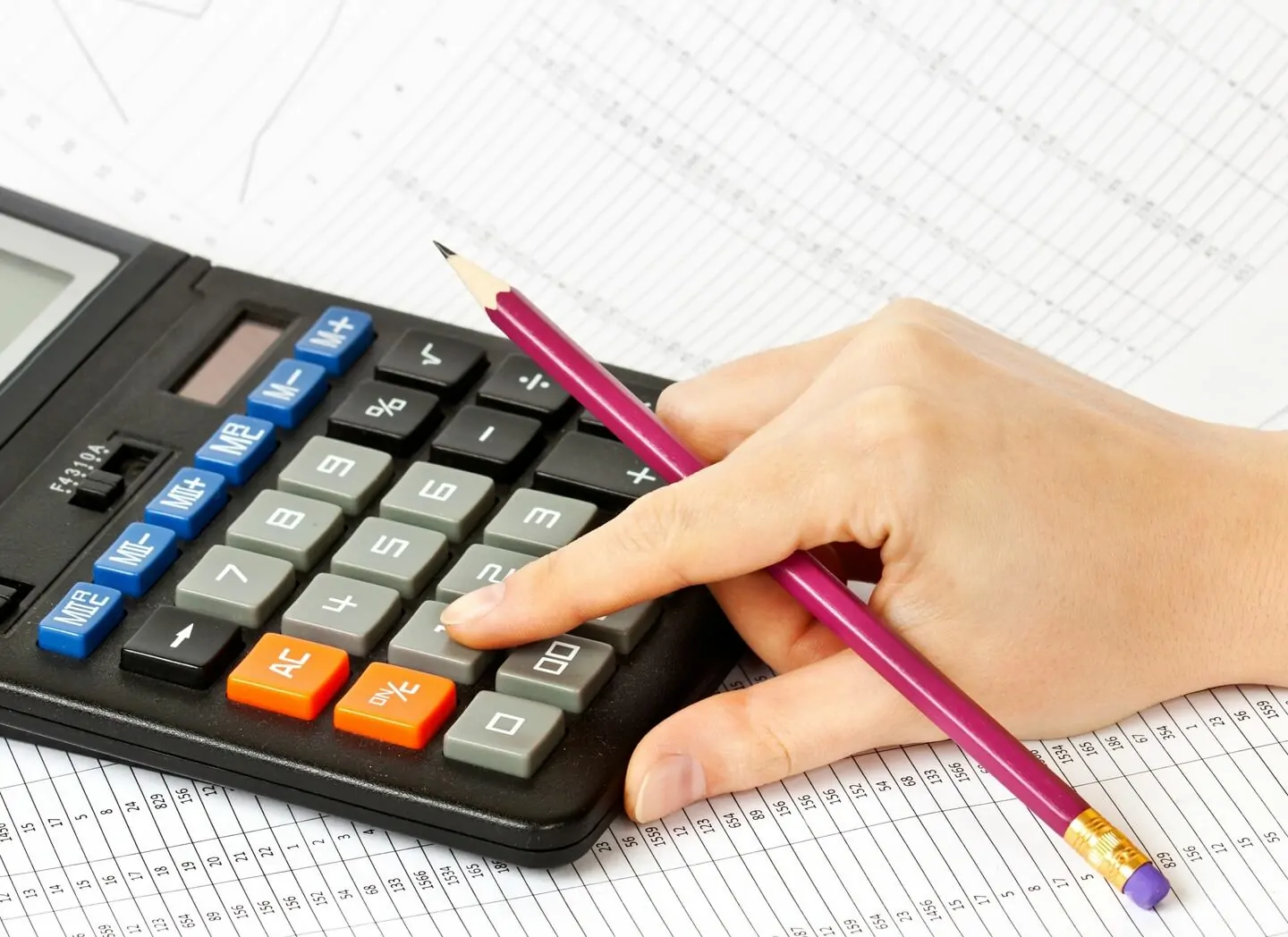
Accounting for Cryptocurrency: How does it work?
2 Feb 2018Bitcoin is the bubble that keeps on giving, and as the cryptocurrency’s value continues to swell, more and more traders and businesses are being swept up in the excitement.
As crypto-related queries continue to come through our door, our tax experts in London are fully up-to-speed on how accounting for cryptocurrency truly works.
Try our Interactive Instant Quote tool and see how we can help you make the most of the cryptocurrency movement.
How is Bitcoin taxed?
As the first decentralised currency in history, there is no regulatory or legal status in place, and naturally, establishing said status is a difficult process. For now, we know that because of its complete uniqueness, Bitcoin is being treated as a different kettle of fish to any other investments or currency in circulation.
While Bitcoin has been declared illegal in the likes of Bangladesh, Morocco, Pakistan, and Ecuador, to name a few, it remains legal in the UK. As long as the cryptocurrency’s legality remains it will also have tax implications.
When it comes to the likes of capital gains tax, corporation tax and income tax, the tax on transactions is based on the activity and parties involved. This follows the same process as a normal transaction with a standard currency.
While there are no specific rules for these taxes with regards to Bitcoin, there are, however, some guidelines to follow.
For corporation tax, the gains and losses on exchange movements between currencies, that also cover virtual currencies, are chargeable by the general rules of foreign exchange. The same rules apply for individuals who are assessed as a non-incorporated business.
Finally, with regards to capital gains tax, if a profit or loss on a currency agreement is within the loan dealings rules, it will be subject to tax or capital gains tax if received by an individual. If received by a company they are liable for corporation tax.
Hobby or trade?
Under HMRC guidelines, a hobby does not fall within the bracket for taxation, while trading does, and this is a real sticking point for the taxation of Bitcoin in the UK to the point that there have already been several tribunals on the matter of hobby or trade.
For example, in ELJ McMorris (TC 4204), the taxpayer bought a 50% share in a racehorse in February 2010 and agreed to meet half the costs of training, livery and racing. He then tried to claim the result as a trading loss, offsetting his other taxable income.
The First-tier Tribunal referred to the badges of trade described by Nicolas Browne-Wilkinson in Marson v Morton [1986] STC 463. The deal in the McMorris case was considered a one-off transaction; stating Mr McMorris “clearly derived pleasure” from the project.
The tribunal had no hesitation in deciding the taxpayer’s activities did not amount to a trade, and, given the informality of the arrangements between the co-owners, ITA 2007 s 66 was not satisfied because the activities were not carried out on a commercial basis.
Similar questions are now being asked about Bitcoin activity on a case by case basis. This review of whether an activity is classified as a trade or a hobby ties into the consideration process of the tax position of Bitcoin.
VAT on Bitcoin
Prior to Bitcoin’s rise in popularity, the likes of virtual currencies and vouchers were subject to VAT. However, because Bitcoin’s value is incredibly volatile, HMRC have devised new regulations regarding VAT on the cryptocurrency.
Therefore, income generated from Bitcoin mining will usually not be subject to VAT; miner’s income for other activities, such as charges related to specific transactions, are not subject to VAT; there is no VAT due on the number of Bitcoins when they are transacted for sterling or any other currency; any charges for arranging transaction in Bitcoin are not subject to VAT.
Whether Bitcoin continues to surge or not, businesses and individuals are currently making huge amounts of money on a daily basis. So, whether you need advice on where to set up, or how you will be taxed, get in touch with the Accounts & Legal team to see how we can help you.






















